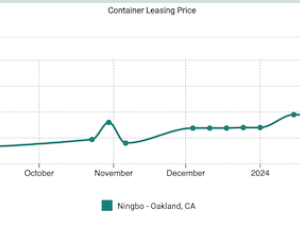New and existing ships meeting the specified standards would not be subject to any fees or costs other than those costs associated with the design and installation of more efficient ship technologies.' Those ships that fall short of the specific standards would be required to pay a fee (or penalty) that is based on the amount of fuel consumed and how far short of standard the specific ship falls.' As such, the per-unit fee applied to each tonne of fuel is adjusted based on the relative efficiency of the vessel.
There are a number of proposals to reduce carbon emissions from shipping under consideration at the IMO. Therefore, as the IMO this week continues its efforts to address this challenging issue, WSC and MLIT today released a joint paper on the Design and Implementation of the Vessel Efficiency Scheme (EIS) that discusses the EIS proposal in detail, including how the system would work in practice and how it compares to other proposals under consideration.' It is the hope of WSC that this paper and the joint WSC-Japan proposal can provide a constructive contribution to the efforts being undertaken at the IMO to address the industry's carbon emissions.





